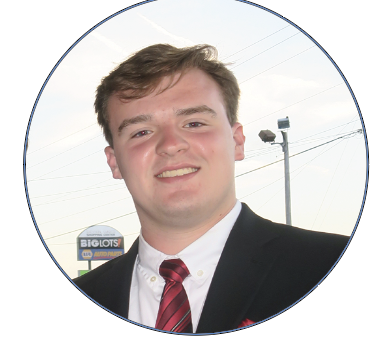 The housing selection process two weeks ago was nothing short of an absolute mess. A litany of issues left students angry and confused, but not surprised. At this point, it feels like almost everyone has had a negative experience with the Residence Life Office (RLO) at Davidson, whether it be difficulties returning from abroad, work orders not being fulfilled or any of a million other things. These problems are well documented, but amidst the chaos, one important victim of the Davidson housing crisis has gone unnoticed.
The housing selection process two weeks ago was nothing short of an absolute mess. A litany of issues left students angry and confused, but not surprised. At this point, it feels like almost everyone has had a negative experience with the Residence Life Office (RLO) at Davidson, whether it be difficulties returning from abroad, work orders not being fulfilled or any of a million other things. These problems are well documented, but amidst the chaos, one important victim of the Davidson housing crisis has gone unnoticed.
At every college in the country, lounges and common rooms are mainstays of campus life. They’re a type of space referred to by sociologists as a third place—an area separate from one’s home and work that allows them to relax and socialize. They’re characterized as being open, non-judgemental spaces and conducive to conversation. Studies show that aside from building community, these places offer numerous academic and social benefits. Lounges in particular are a way for students to meet other students, host events, study or just relax away from one’s dorm and classes. But why are they disappearing from Davidson?
The short answer is stubbornness and greed. Davidson’s enrollment has outpaced its housing capacity, meaning lounges have been converted to living spaces in order to meet demand. Building new dorms would take years and also require layers of approval from local government, but there are still other solutions not being taken. This year, despite the crunch for space, RLO has allegedly turned down a large quantity of off-campus housing applications. It’s understandable to want to build camaraderie by keeping people on campus, but forcing students into subpar dorms while removing their main forum for community building doesn’t do any good. The main benefit for the College keeping people on campus is charging them for housing. Of course, don’t forget that this whole issue started with Davidson trying to squeeze in as many students as possible, even if it diluted the student experience. Imagine how much extra tuition they gained from that.
Perhaps the worst part of the lounge conversions is the timing. This issue is boiling over right as another major third place on campus, the E.H. Little Library, is set to undergo renovations for two years. The first floor of the library (commonly referred to by students as “First Libs”) in particular isn’t just a study space; it’s a massive social commune where students of all years can chat with each other around the clock. The Lilly Family Gallery can certainly try, but there simply isn’t a space that can replicate the social environment of First Libs.
With lounges and the library unavailable, students may suddenly find themselves pressed for free spaces on campus. The only consistent option left would be the Alvarez College Union, which will undoubtedly be packed due to less study space. Chambers lawn is weather-dependent, Baker Sports Complex is usually occupied by teams and most places off campus would be inaccessible to someone without a car. Nummit is an intriguing option, but it’s too small (and as Sören Potthoff ‘27 noted in The Davidsonian’s March 19 issue, it can be a scary place for non-regulars). PCC houses are an option, but because of their exclusivity, they only function as social communes within their membership. Not to mention, the administration’s distaste for PCC organizations has been made clear through moves like requiring the unlimited meal plan for all four years at Davidson..
For a school that talks so much about community, Davidson’s approach is odd at best. It’s not as though they don’t understand the importance of lounges: the first-year dorms, where common rooms can be a crucial space for students to start socializing when they first get to college, still have most lounges unconverted. Yet this care goes out the window for every subsequent class. RLO has let the housing crisis get so out of hand recently that even Chidsey Hall, which was
built in 2012 with lounges on every floor, now only has lounges available on the fourth and fifth floors. There’s no point forcing people to stay on campus for the sake of building connections when there’s nowhere in residence halls to build these connections. Combined with the aforementioned pending renovations to the library and the administration’s antagonistic attitude toward PCC organizations, it’s not unreasonable to see campus social life taking a hit.
The solution to these issues? Space. A community is a natural thing, evolving and shaping itself on its own. The more administrators try to micromanage the campus community, the more they prevent it from blossoming. The College can course-correct when needed, but for the most part their only role should be giving students room to grow. Whether it be lounges or any other social apparatus, the best way to help the Davidson community thrive is to give it the space to do so.
Wyatt Gessner ‘28 is an undecided major from Raleigh, NC and can be reached for comment at [email protected].


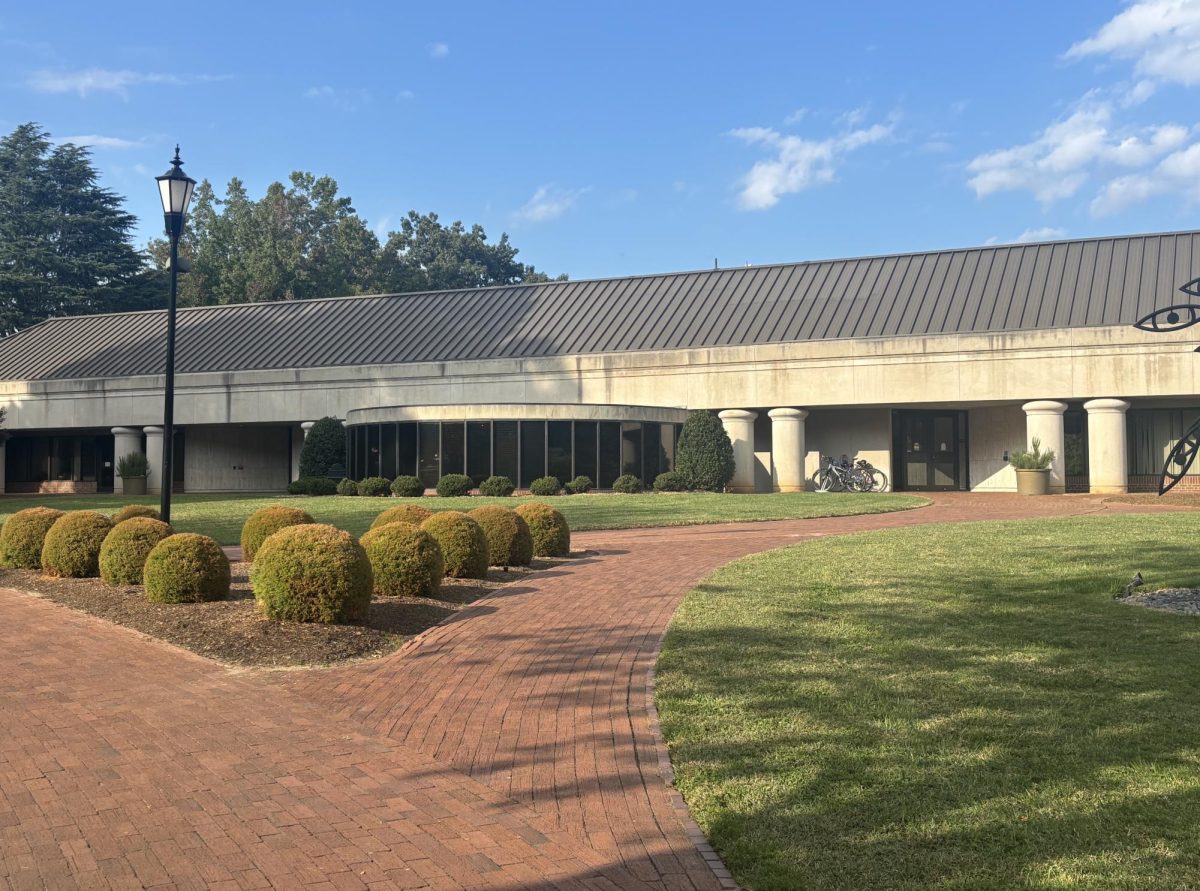
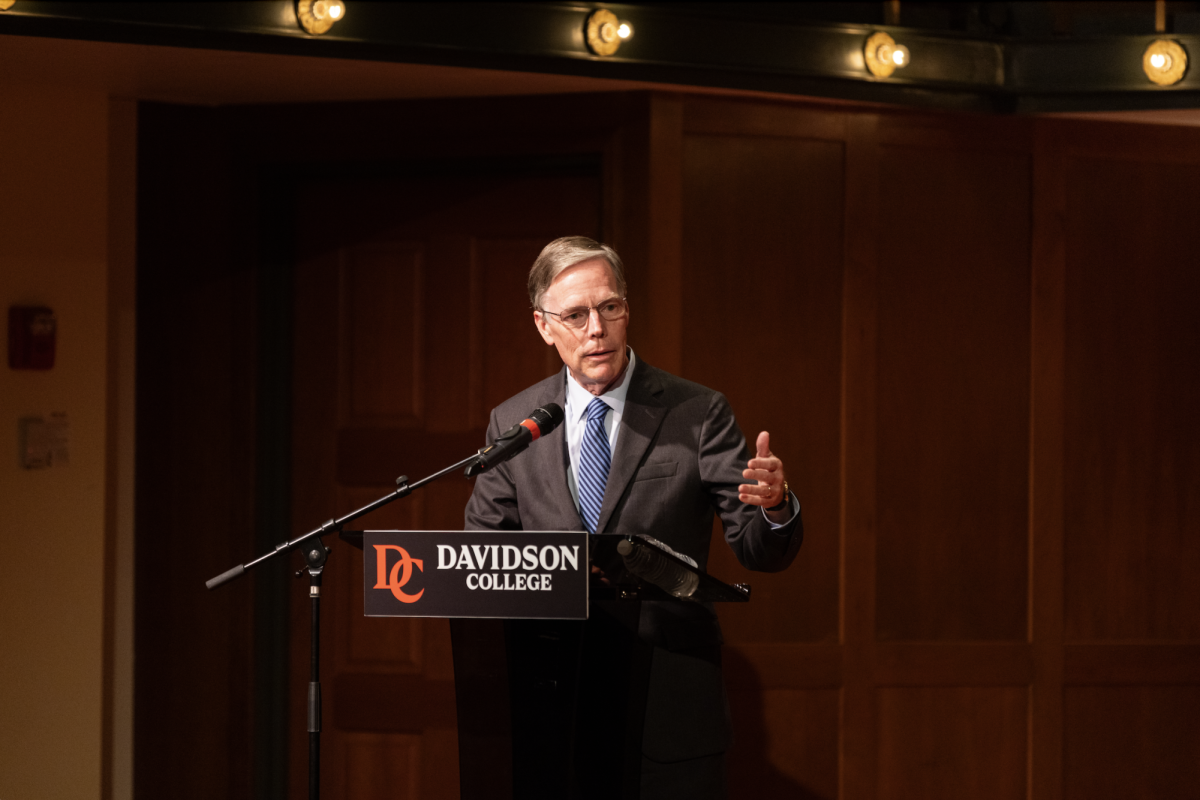
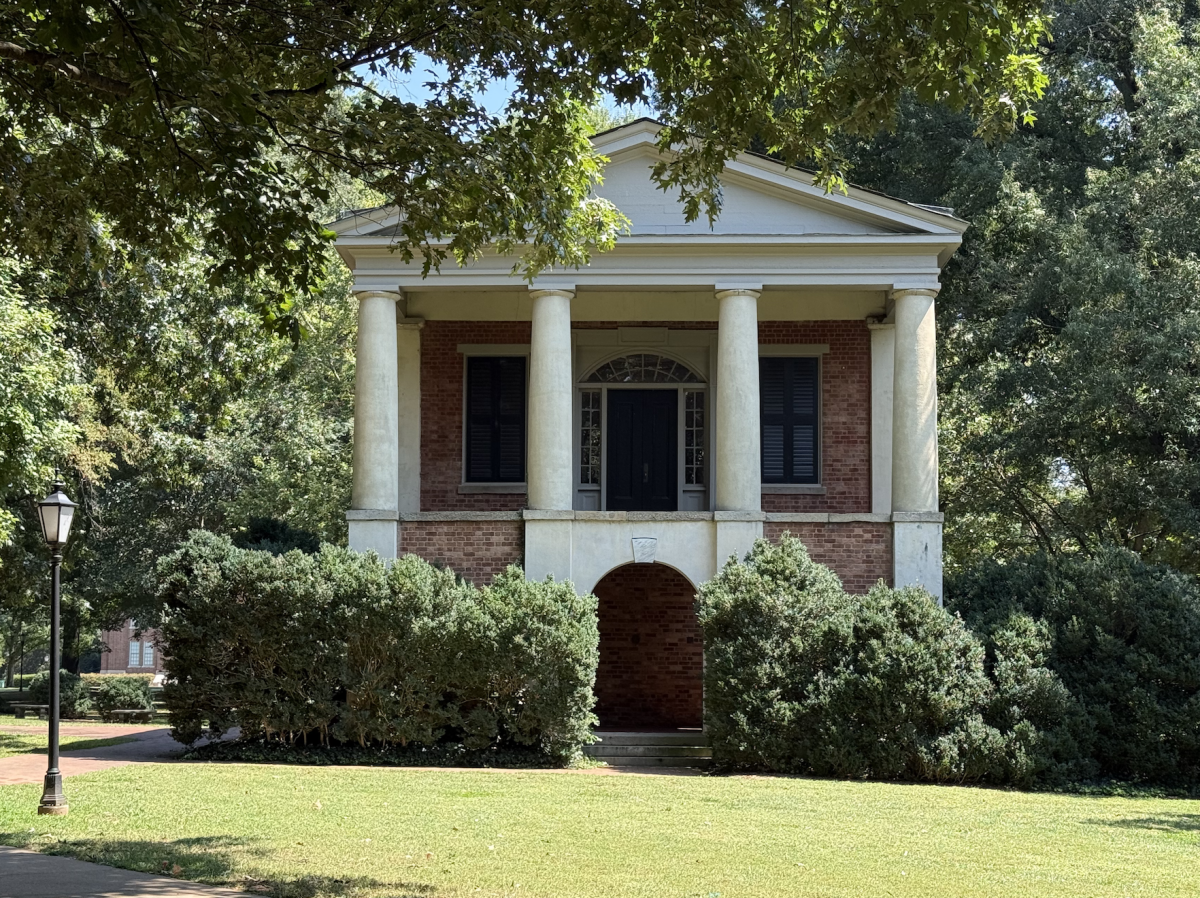
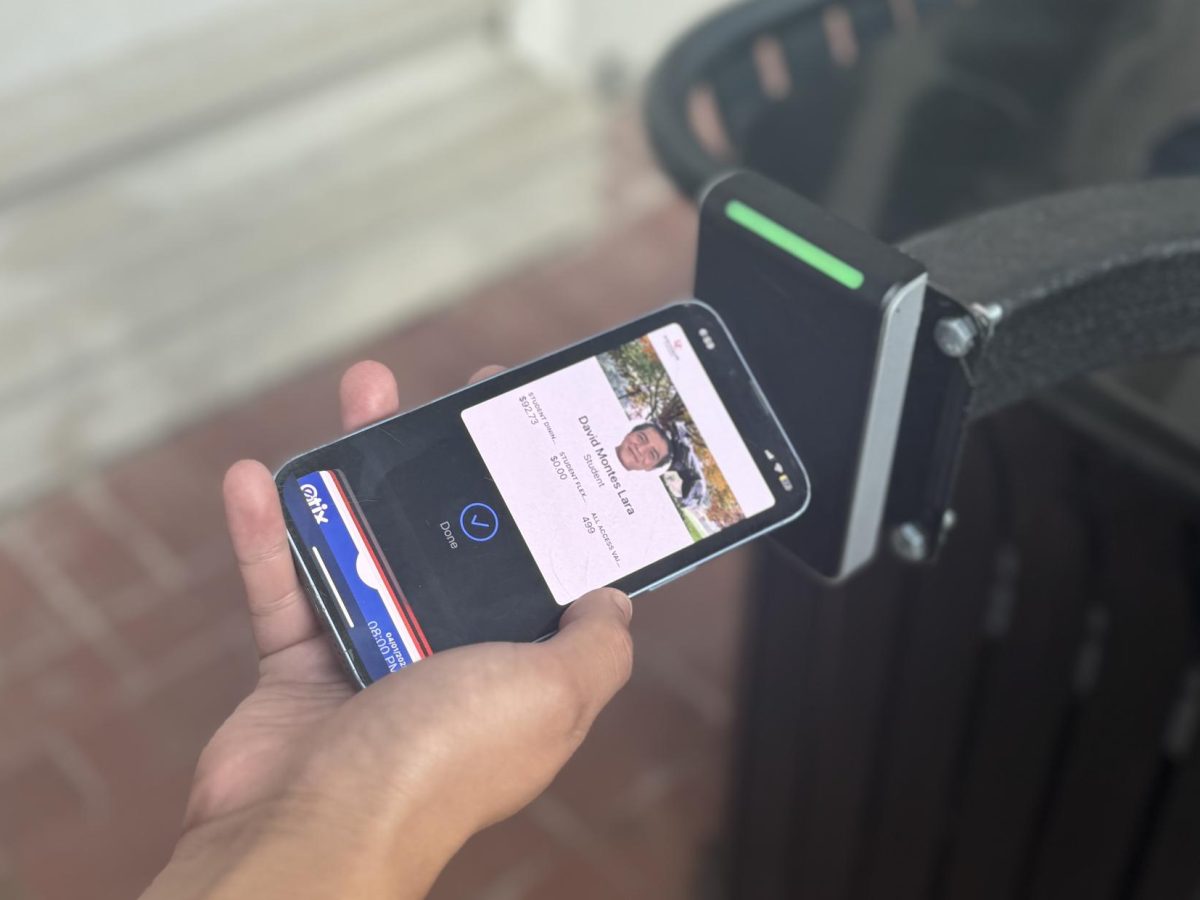
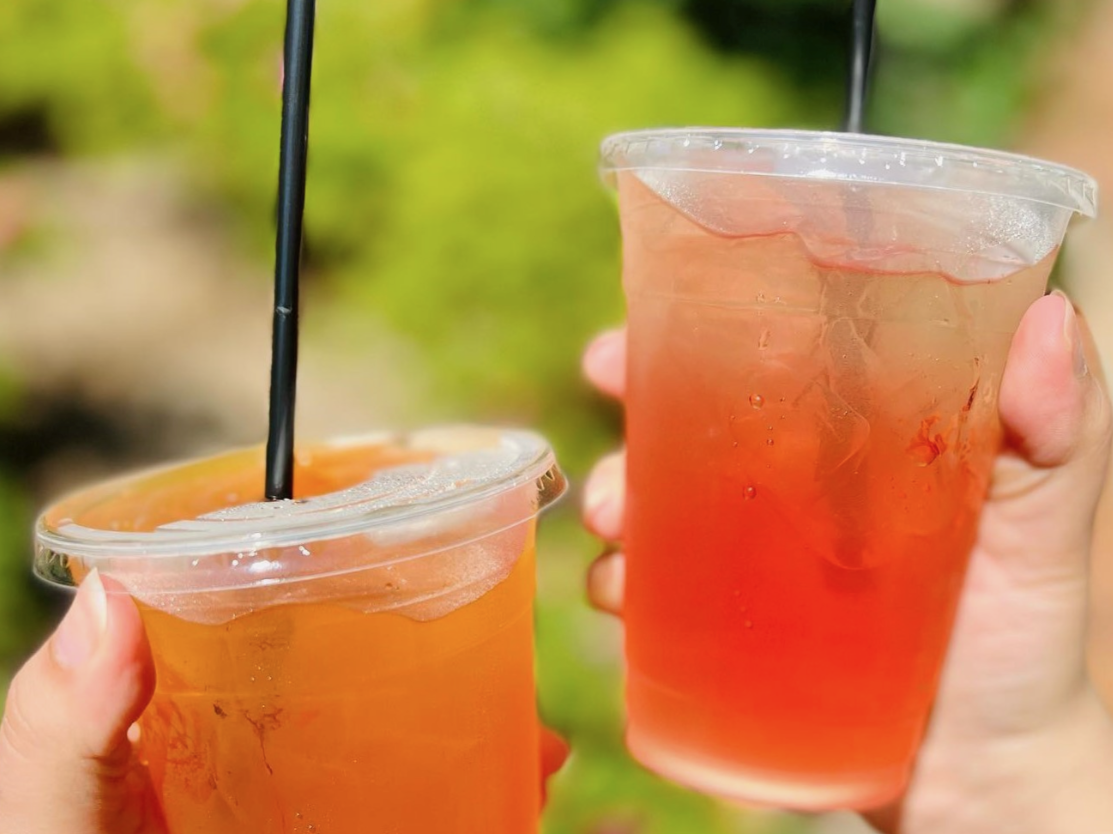
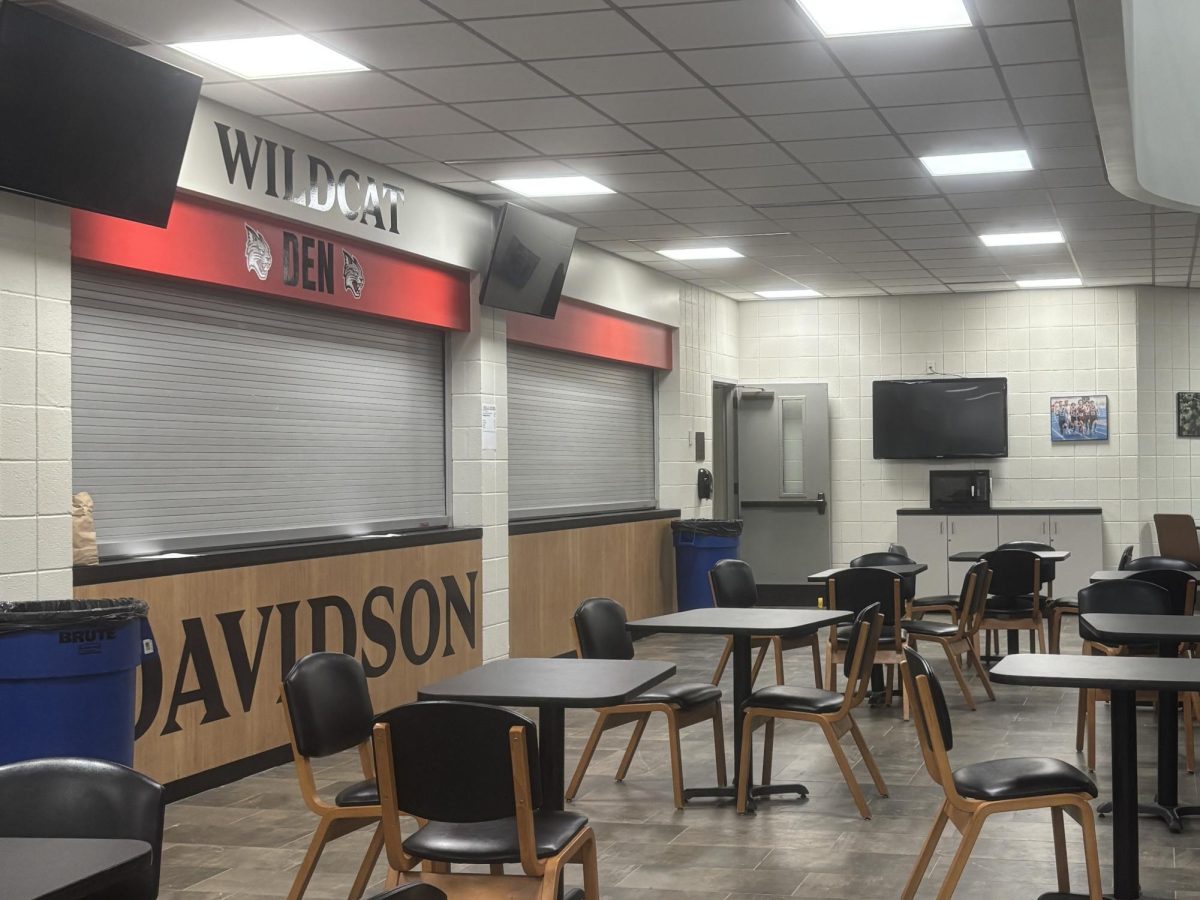


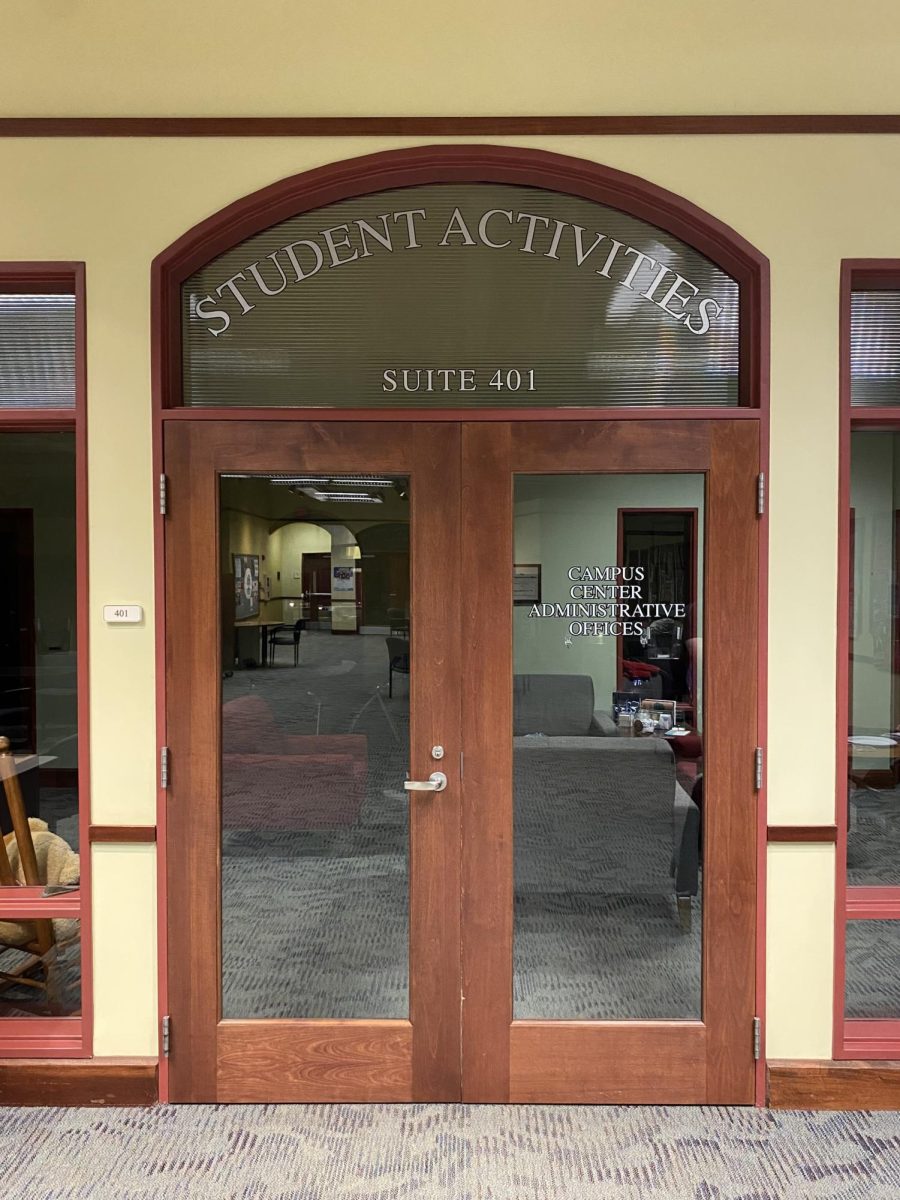
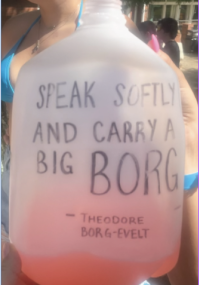

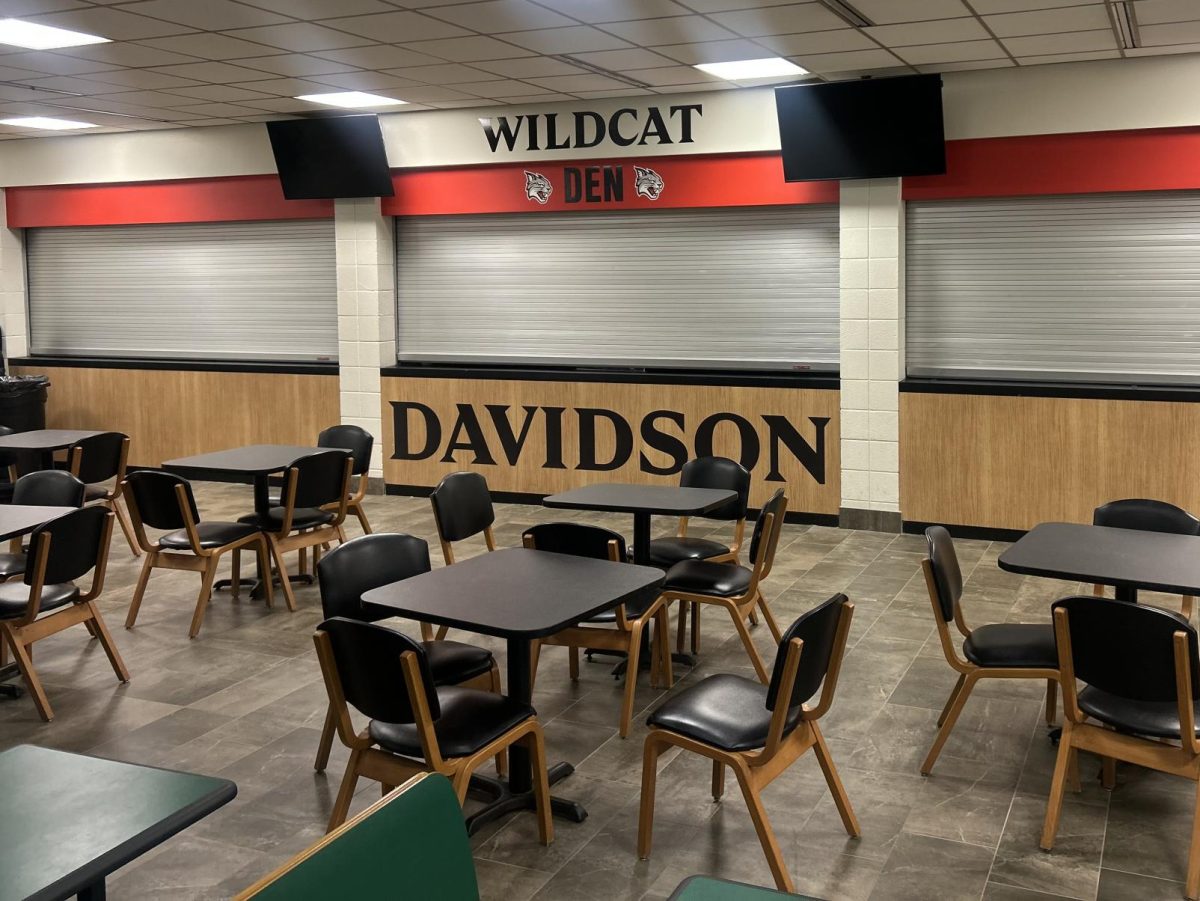
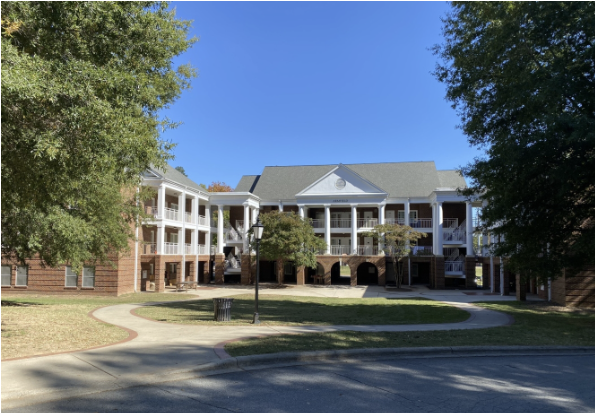

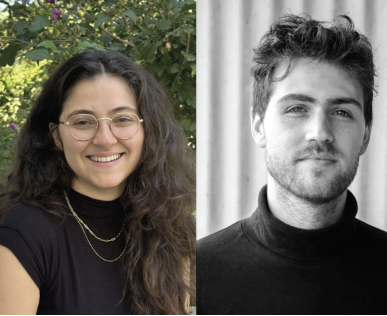
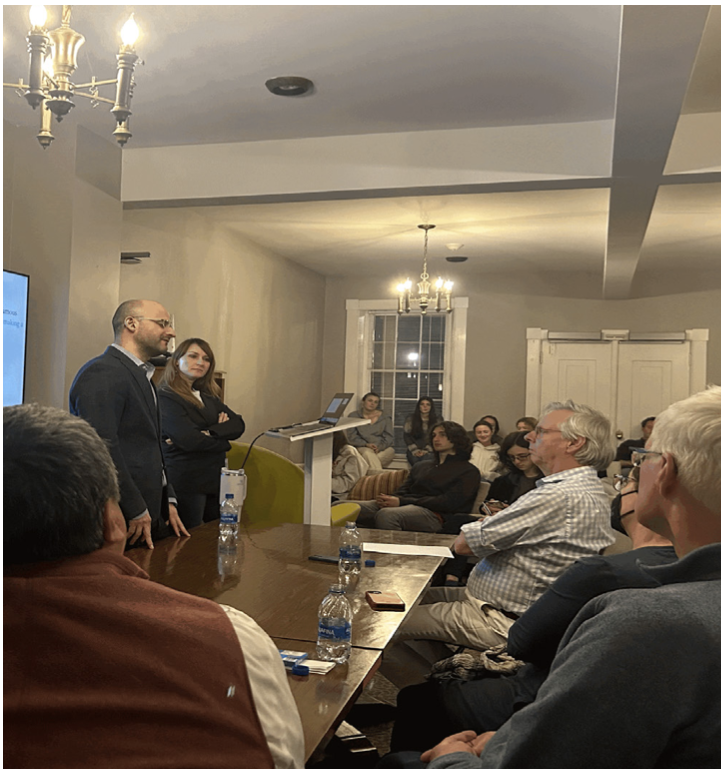
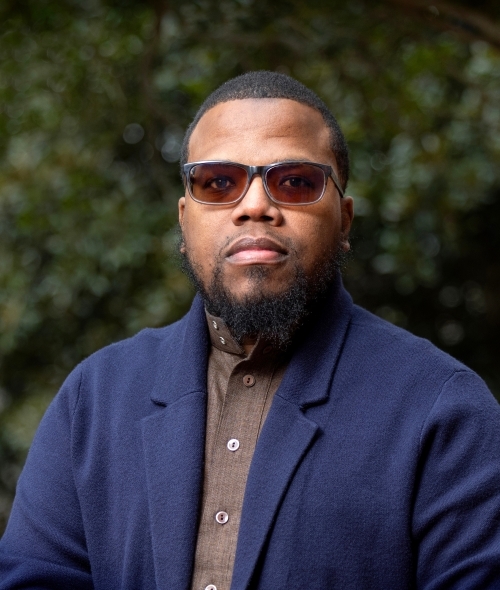
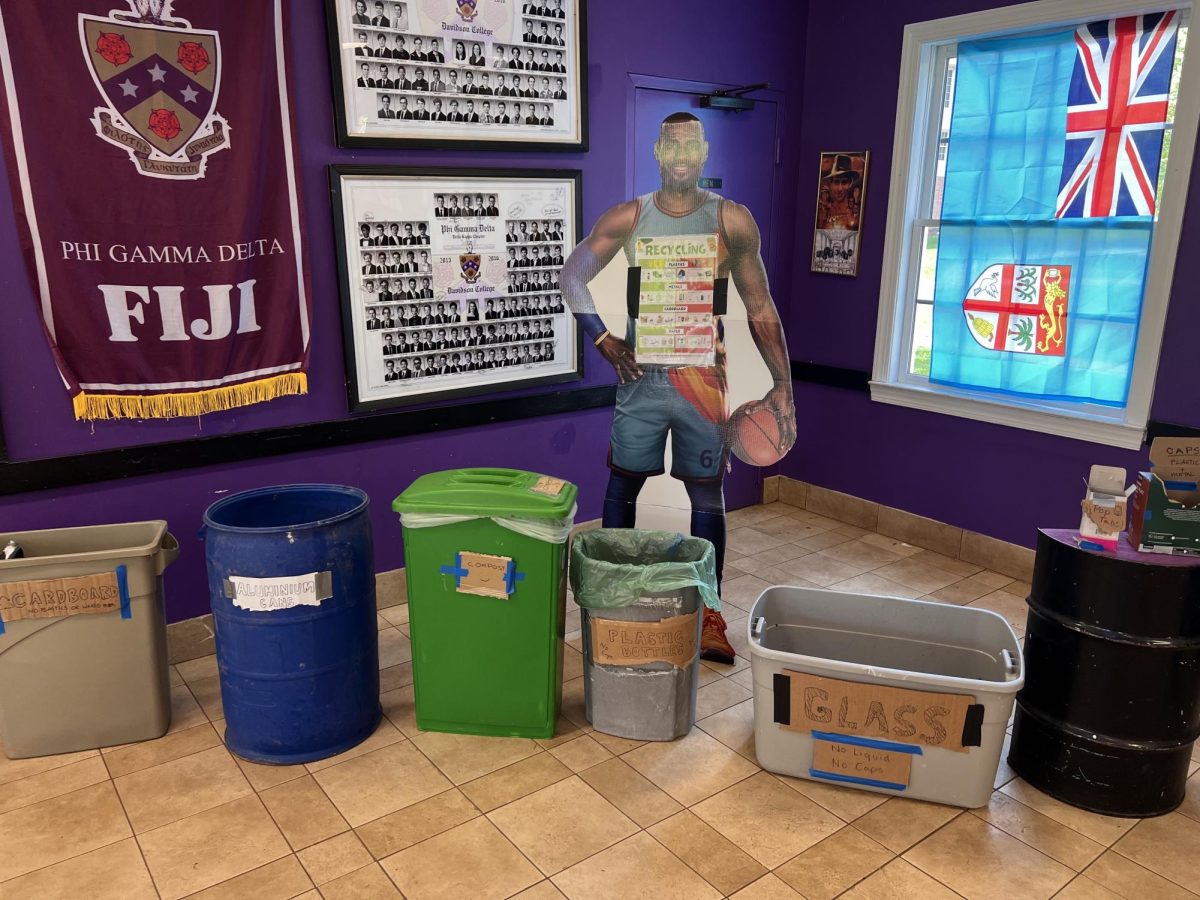
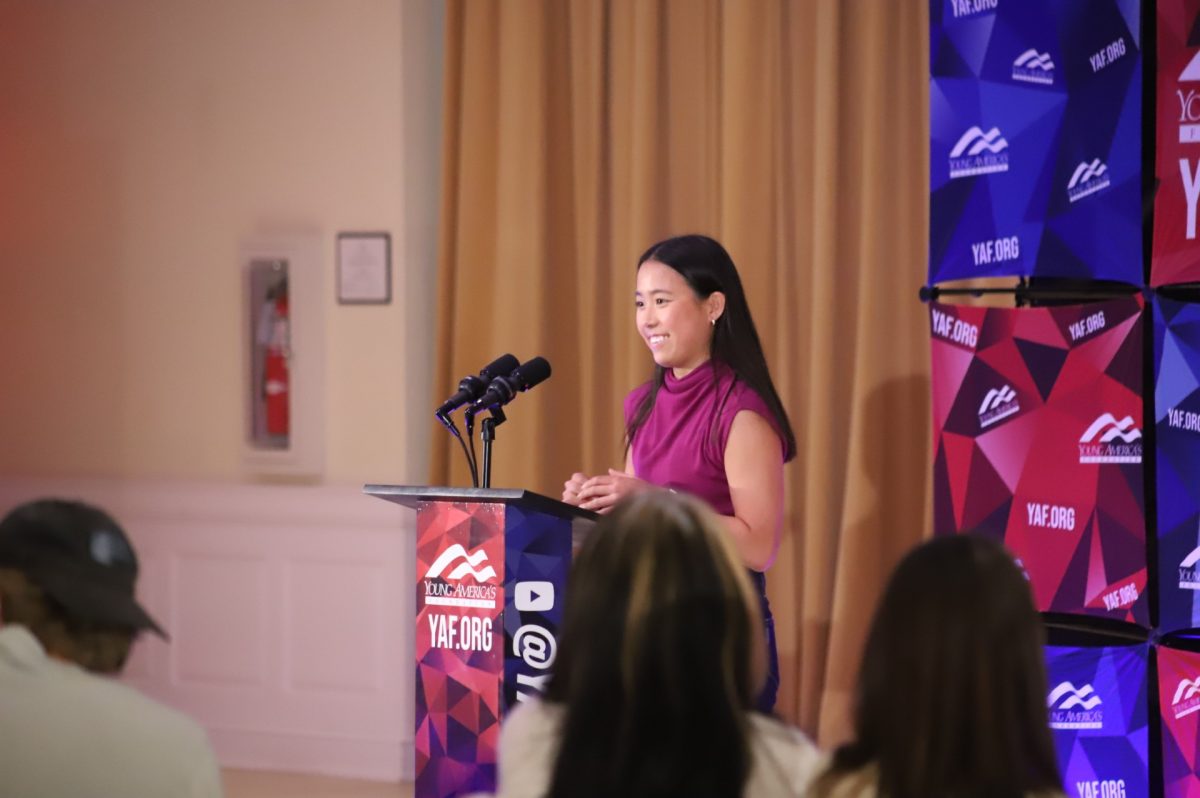
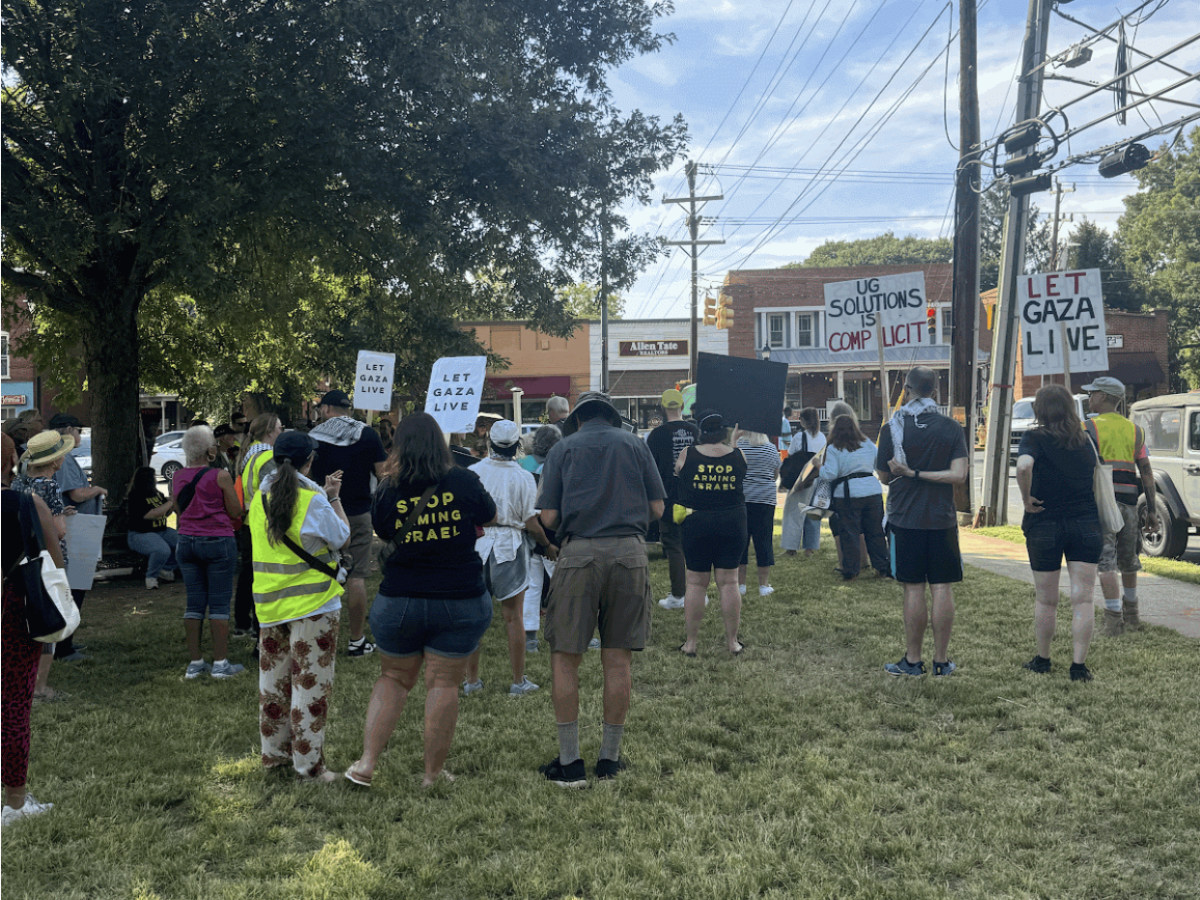
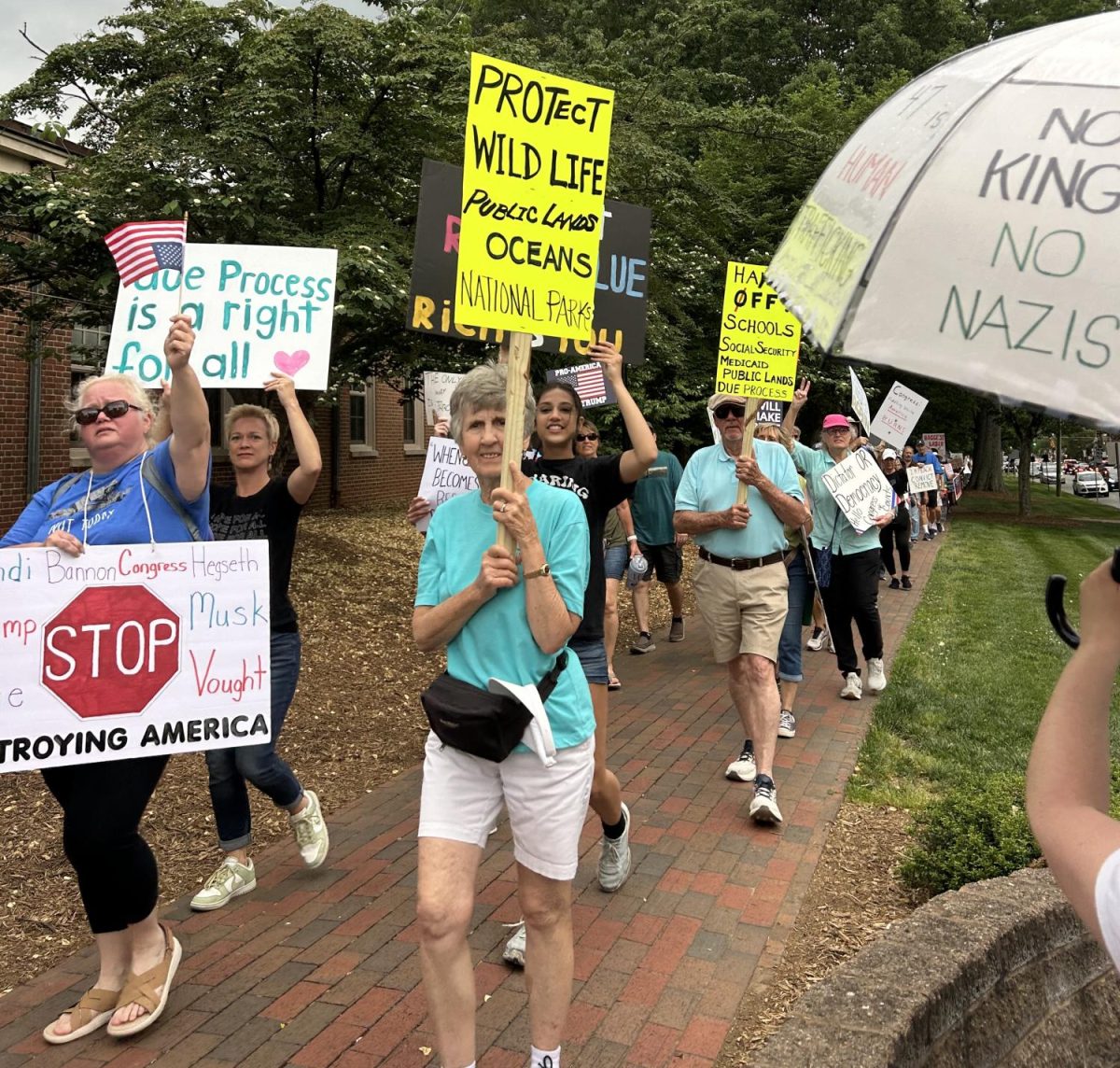
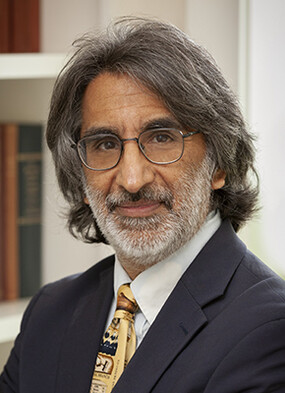

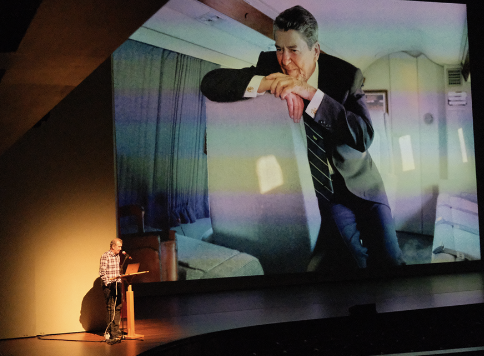
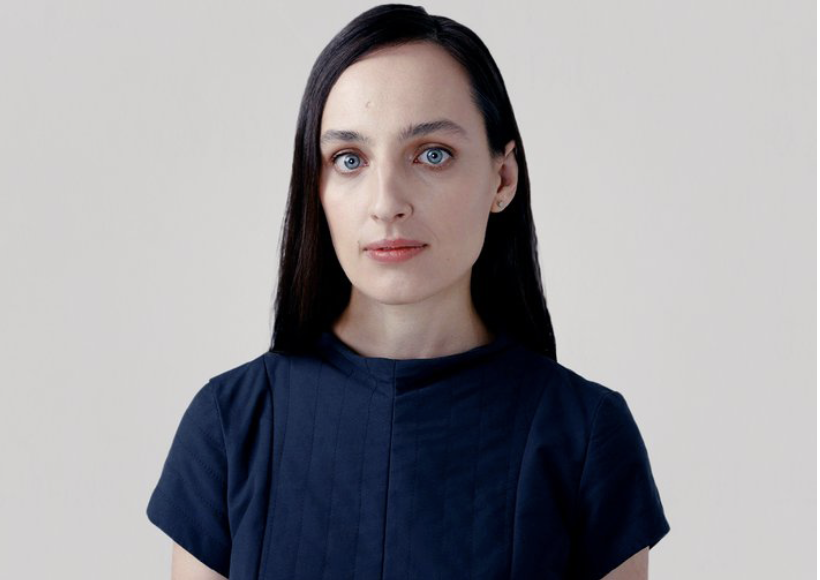
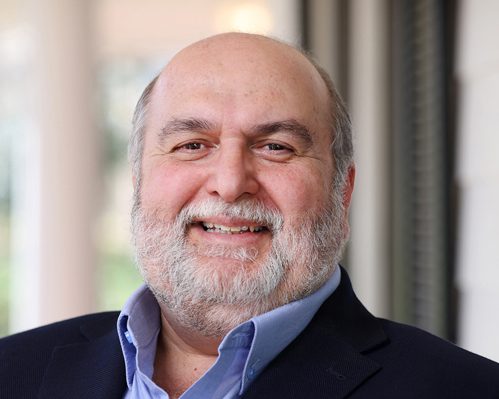
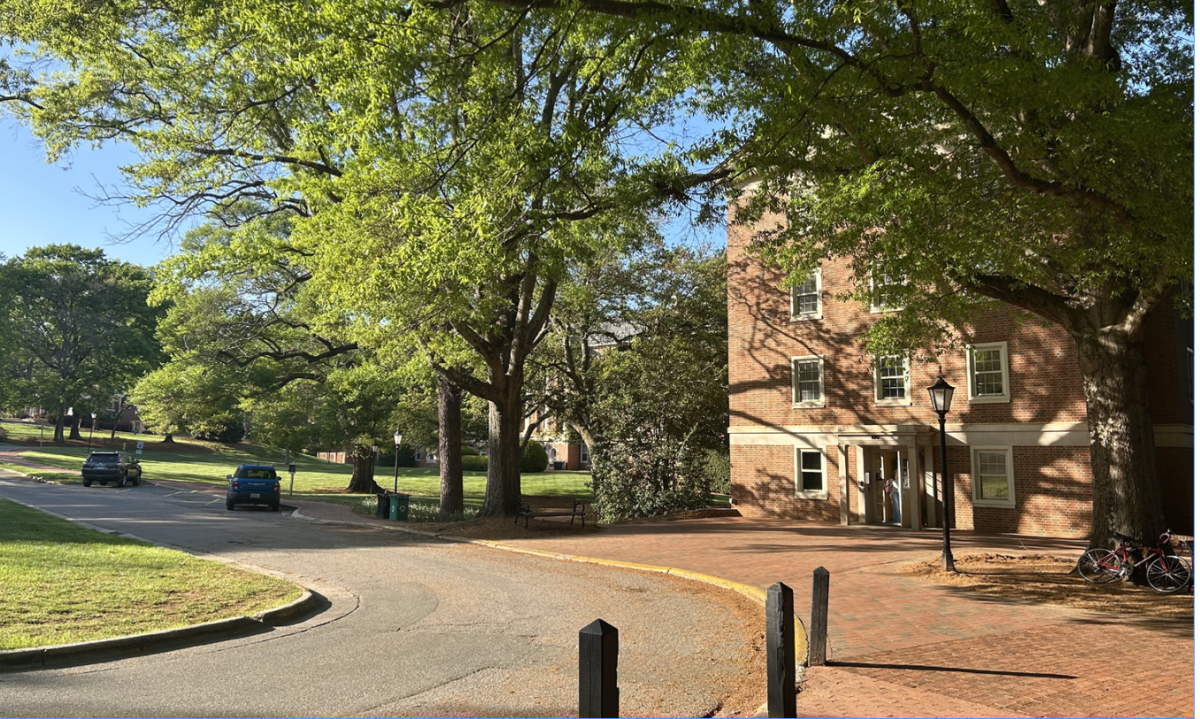
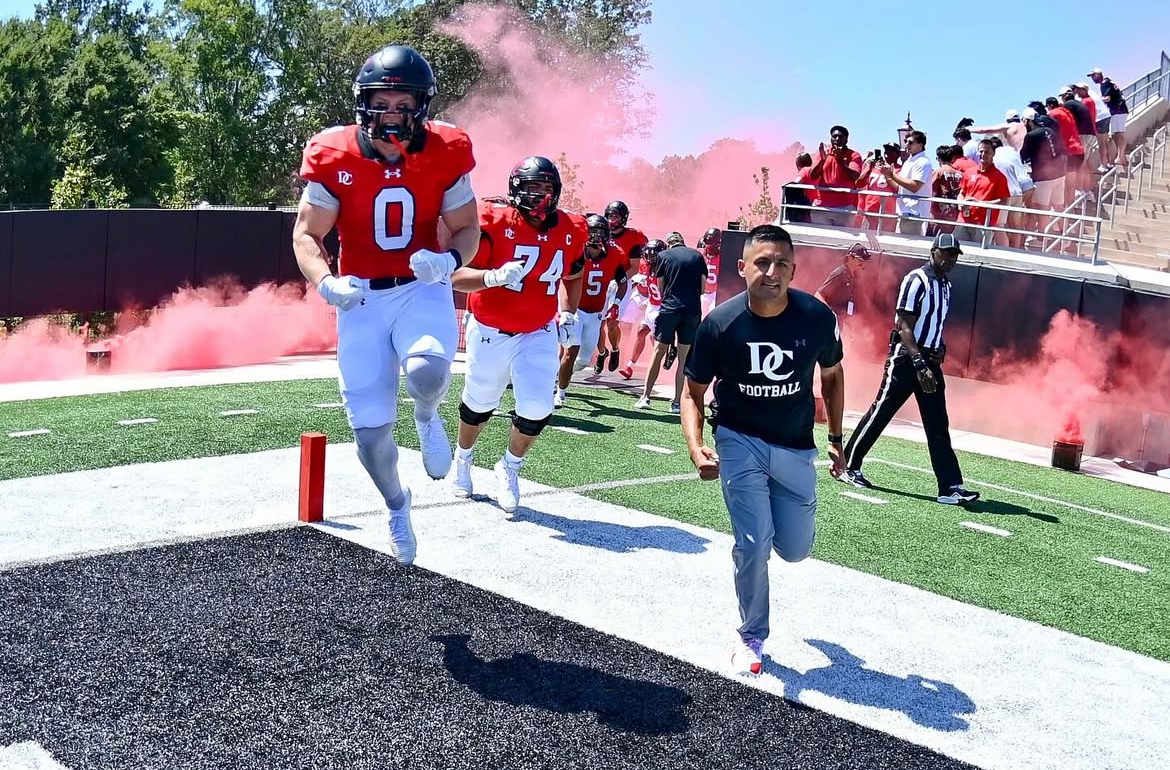
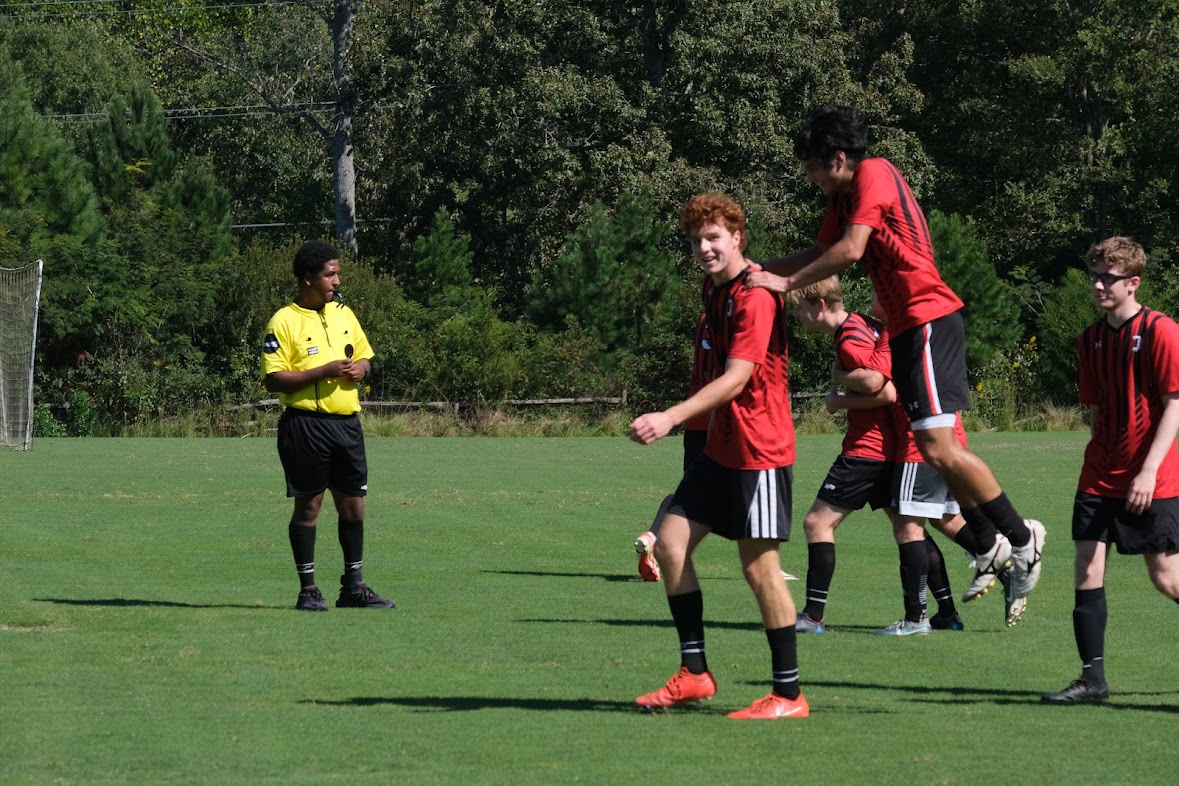

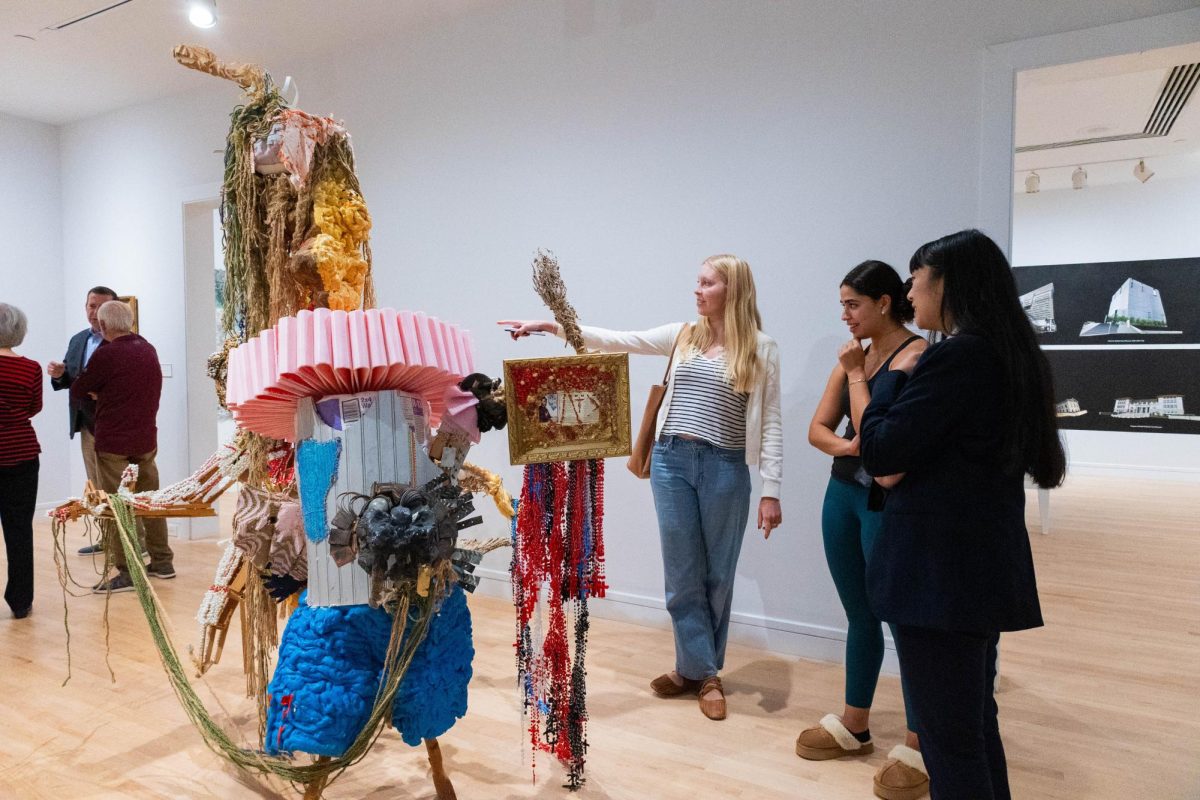
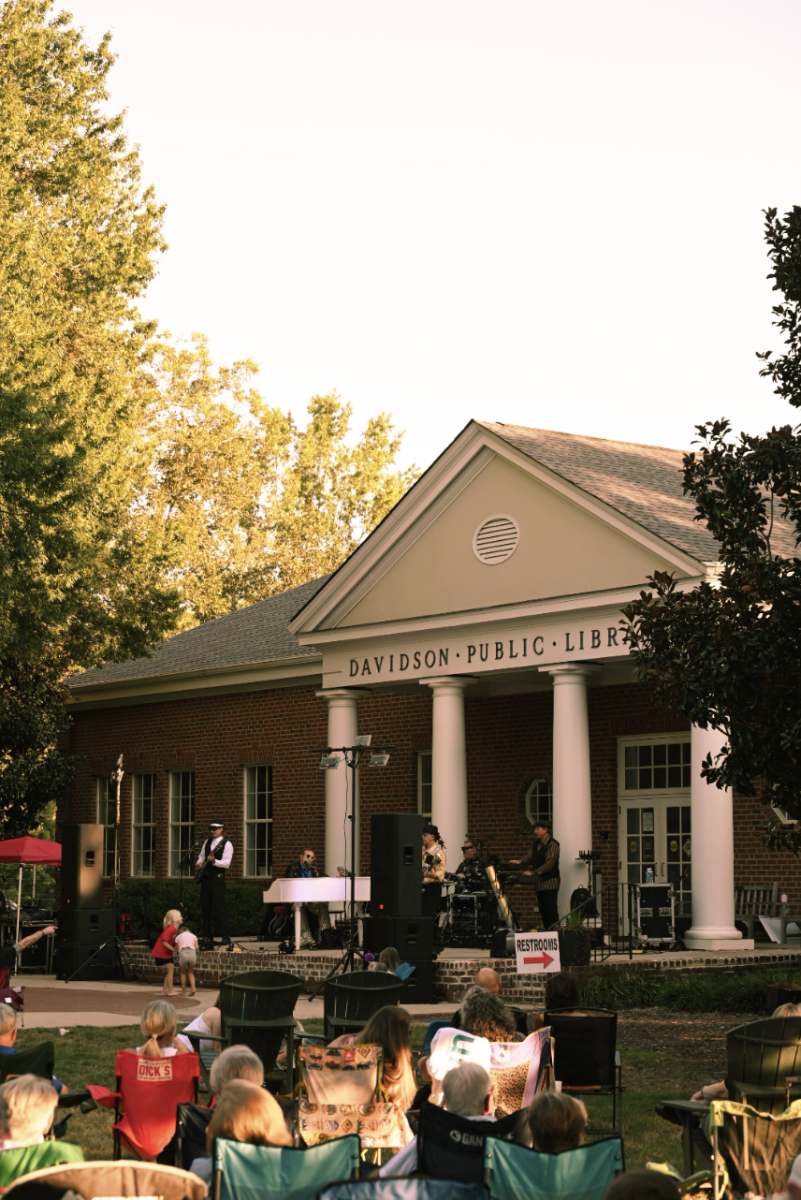
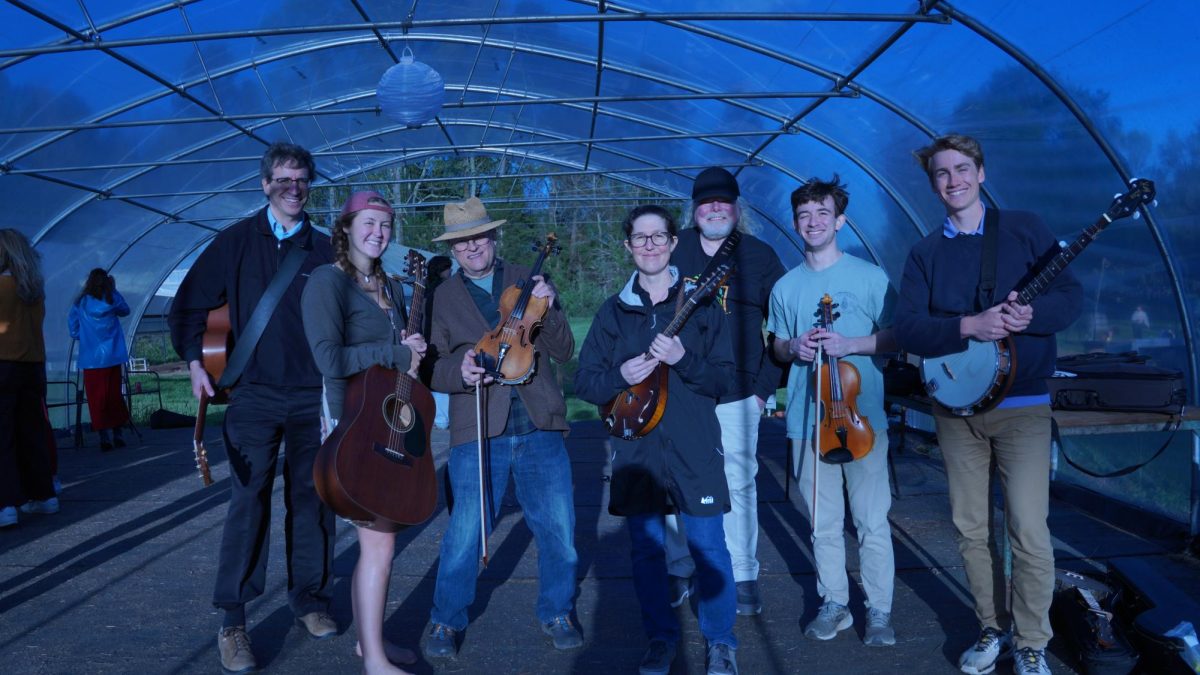

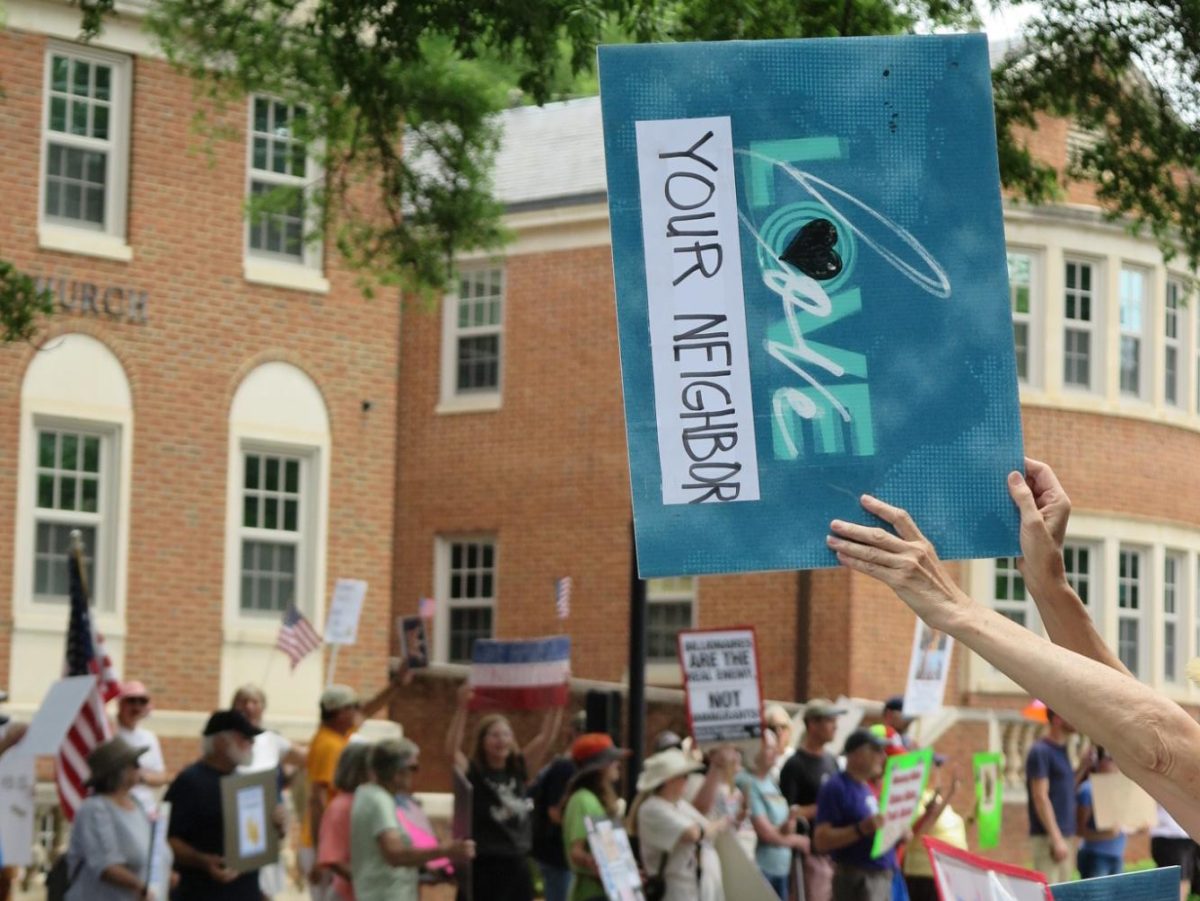


Ricki • Jul 23, 2025 at 9:06 pm
This is a great article. I remember how important the lounge was to get to know my hallmates my first two years at Davidson. Can’t believe those important spaces are being taken away